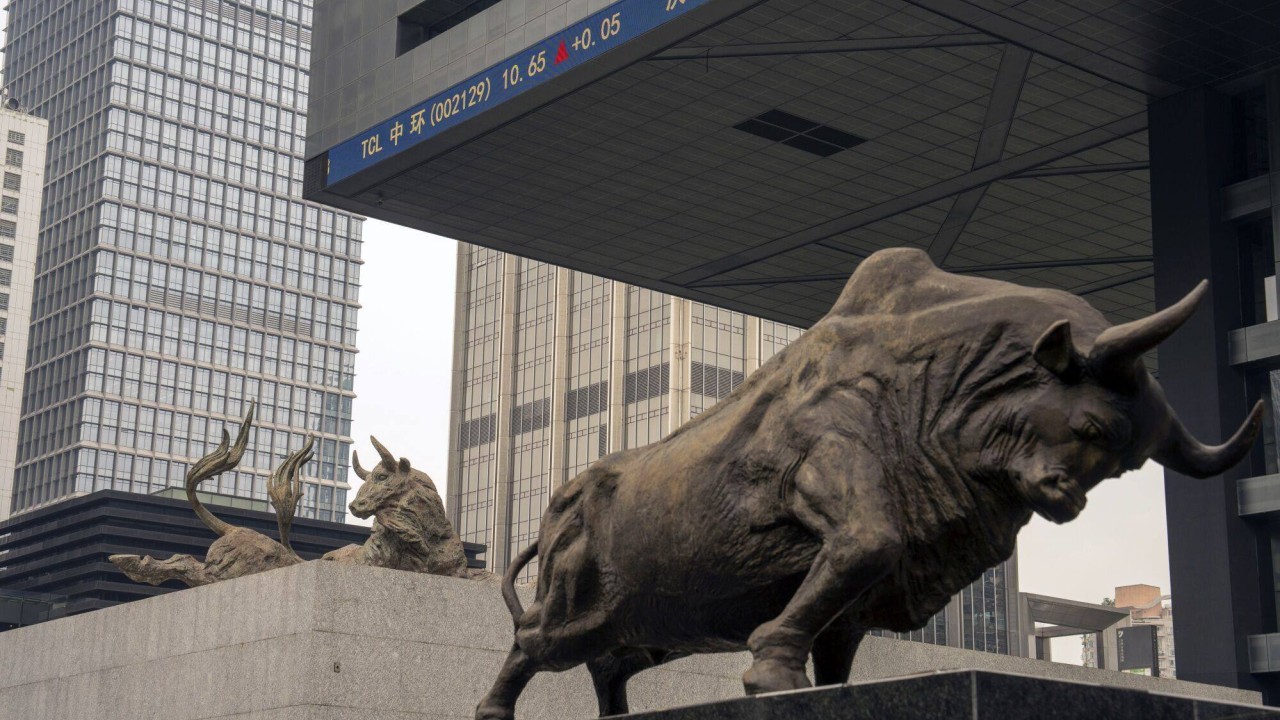
China’s Politburo – a high-level decision-making body of the country’s Communist Party – reviewed a pilot accountability mechanism for financial de-risking on Monday, the latest offensive in Beijing’s campaign to address deep-rooted hazards in the financial system and the crisis-plagued property sector.
“[The plan] is aimed at entrenching the party’s leadership and consolidating the responsibilities of regulators, financial institutions and local authorities in the financial field,” according to a readout of the meeting from Xinhua.
At the meeting, chaired by President Xi Jinping, cadres at all levels were urged to establish a “correct concept of performance” for the implementation of directives on financial supervision and risk management.
More stringent implementation, oversight and punishment was also encouraged to ensure financial regulation has teeth.
The situation has become so rampant that Beijing feels the need to set up such an accountability mechanism to rein them in
Fu Weigang, executive president of the Shanghai Institute of Finance and Law think tank, said the new accountability system is Beijing’s reminder that officials cannot pursue growth at the cost of bringing risks to the financial system.
“For years, quite a lot of local officials ignored financial discipline as they pursued reckless growth or their own promotion and created or exacerbated risks,” Fu said. “Also, local cadres usually aided and abetted unchecked loaning and other financial misconduct by local banks.
“The situation has become so rampant that Beijing feels the need to set up such an accountability mechanism to rein them in.”
“The accountability system is focused on financial risks, presumably the banking sector,” Fu said. “Beijing’s pro-business drive is much broader and more comprehensive. Local officials, while told to control risks, are also being mandated by Beijing to create and optimise the business environment.”
An intensified rivalry with the West over a number of issues – and the financial vulnerabilities that could emerge if competition grows more fierce – has seen Beijing promote the overseas use of the yuan, the national currency. It has developed independent financial infrastructure for international settlements, along with other contingency plans.
Financial institutions need to … help build a new development model for the property market
Last week, Premier Li Qiang said at a meeting on the financial work of local governments that the reform of their management systems must be completed in a timely manner to create an overlapping effect with similar efforts from the central government, and that local cadres must keep systemic financial risks at top of mind in all circumstances.
Ding Zhijie, director of the research centre of the State Administration of Foreign Exchange, said China must promote financial de-risking and safeguard security as the bottom line – particularly as the country opens wider to the rest of the world.
“We need to guide financial institutions to help defuse the risk of [local government] financing vehicles through debt restructuring, swaps or other tools,” he said at the Tsinghua PBCSF Global Finance Forum in Hangzhou, Zhejiang province, on Monday.
Acknowledging that some small banks face pressure in their operations, Ding added that it was necessary to “strengthen monitoring and analysis” of the real estate sector. “Financial institutions need to ensure policy implementation and help build a new development model for the property market.”

